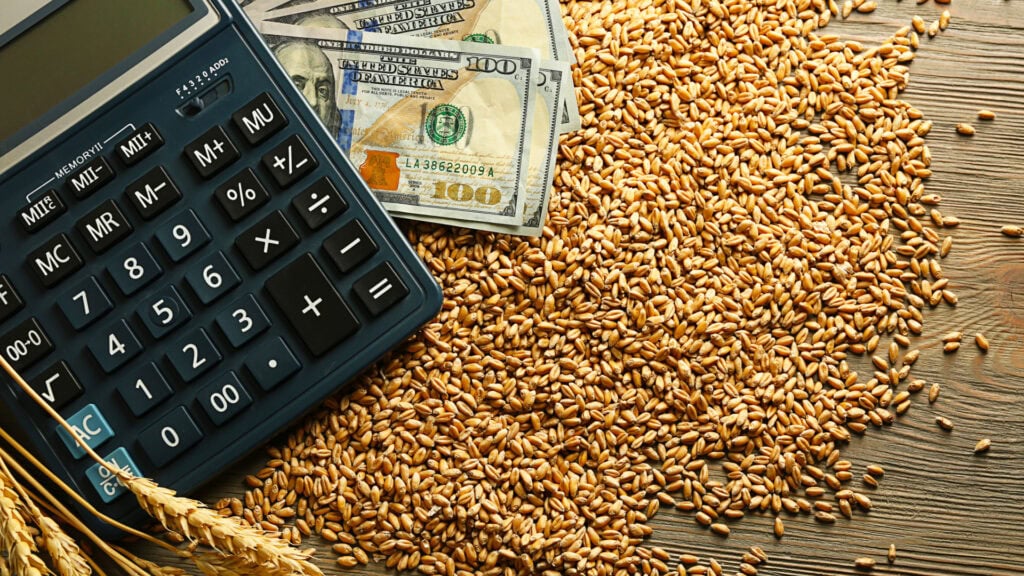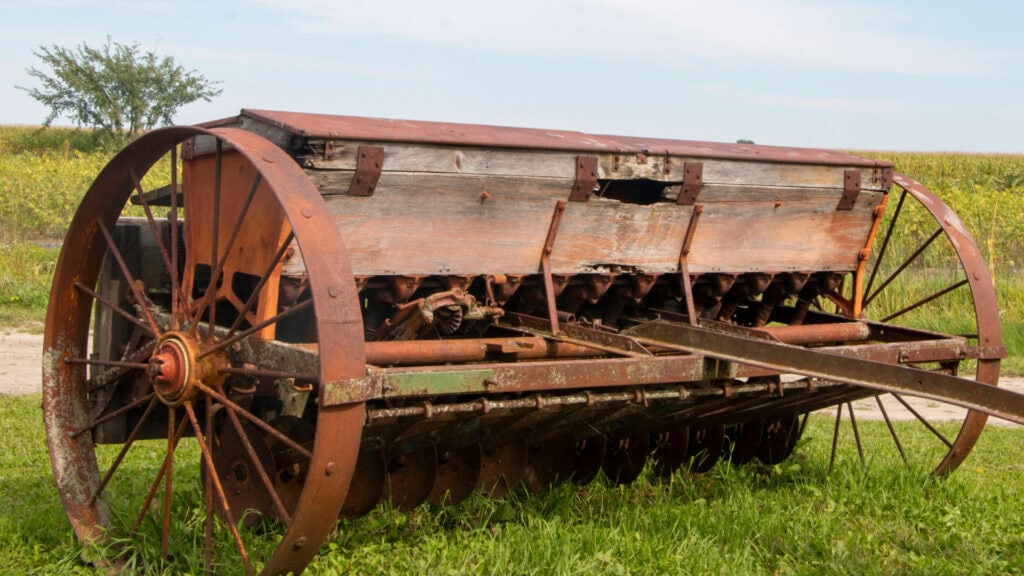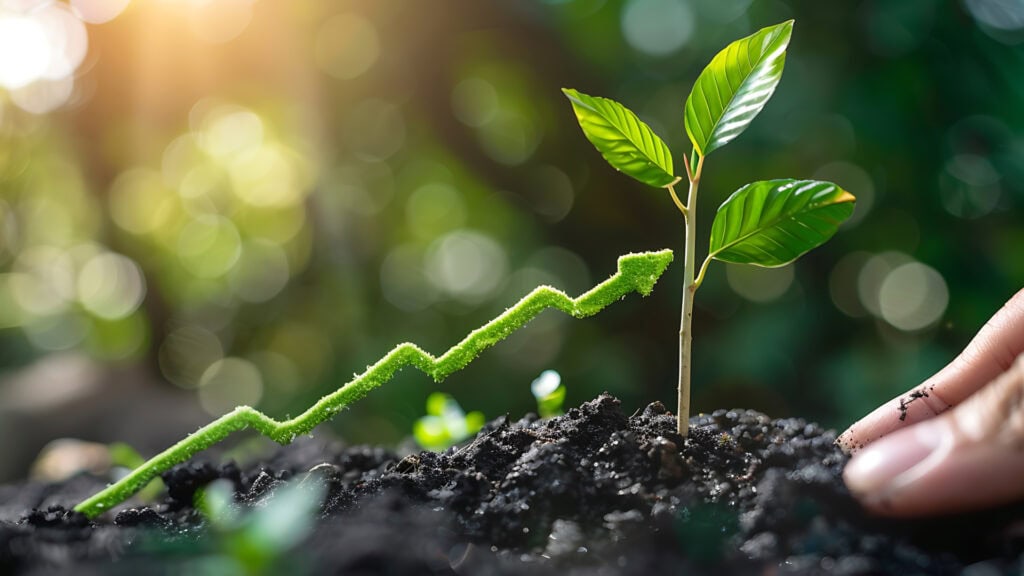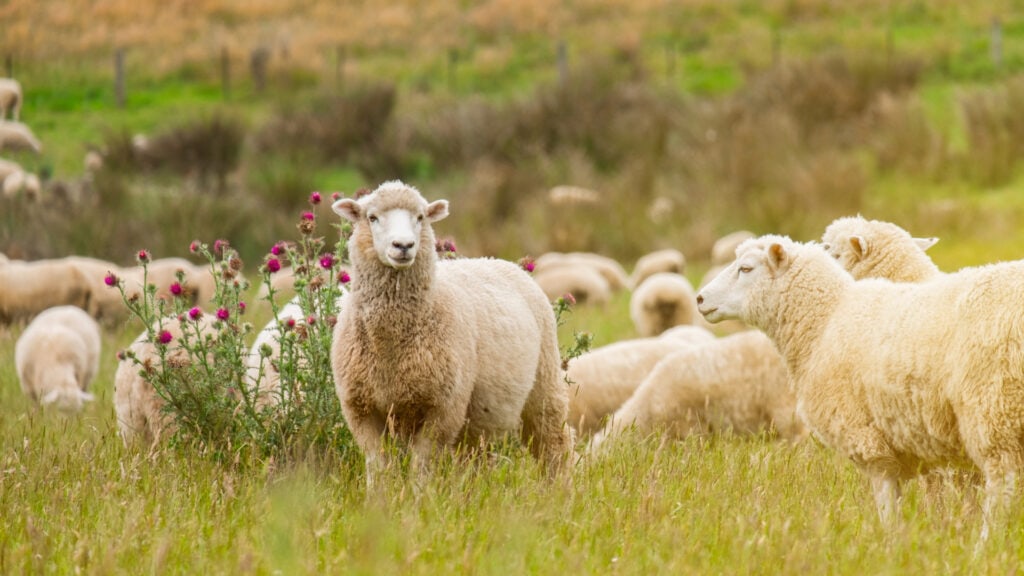Agriculture Basics: What is Dryland Farming?

Dryland farming in Washington State is a crucial agricultural practice, especially in the semi-arid regions of Eastern Washington. This method relies on minimal rainfall, typically without the use of irrigation, making it well-suited for areas like the Palouse and the Columbia Plateau. Farmers in these regions grow crops such as wheat, barley, and legumes, which […]
Why the Economy needs Agriculture

The Economic Impact of Agriculture on Washington State: The Key to Economic Stability Washington State is not only renowned for its stunning natural landscapes and tech industries but also for its vibrant and diverse agricultural sector. Agriculture is not just an important part of the economy—it is the very backbone that holds the state together. […]
The Value of Farmer’s Markets

Farmers markets hold significant value and importance for both communities and the broader economy. These markets provide a direct link between farmers and consumers, fostering a sense of connection and mutual support. By offering fresh, locally-grown produce, farmers markets contribute to healthier eating habits and in some communities, referred to as food deserts, are the […]
What Wheat means to Washington

Harvesting wheat in Washington State is a significant agricultural activity, deeply intertwined with the region’s economy and cultural heritage. Washington is one of the leading wheat-producing states in the U.S., thanks to its diverse climate and fertile soils. The process of wheat harvesting in this state is both a traditional practice and a highly mechanized […]
Well Water or Municipal Water?

When it comes to water sources for residential and agricultural use, two primary options often come to mind: well water and municipal water. Each option comes with its own set of advantages and disadvantages, catering to different needs and preferences. Let’s delve into the pros and cons of both: Well Water: Pros: Independence: Well […]
Commodity Prices vs Land Value

Commodity prices play a crucial role in shaping the dynamics of agricultural land values, as they influence the profitability and financial viability of farming operations. The relationship between commodity prices and farm land values is intricate, with fluctuations in one often impacting the other. To understand this relationship, it’s essential to first grasp the basics. […]
Farm Appraisals

Farm appraisals are integral to the process of securing a farm loan, providing lenders with an accurate assessment of the property’s value and risk. The appraisal process is a comprehensive evaluation conducted by certified appraisers who specialize in agricultural real estate. Here’s a concise overview of how farm appraisals work in the context of obtaining […]
Real Estate Agent vs Land Broker

When it comes to purchasing farm and ranch land, the nuances of the transaction differ significantly from those of residential properties. Utilizing an experienced land broker specialized in agricultural transactions becomes crucial for a successful and informed investment. Unlike residential real estate brokers who may lack the intricate knowledge of agricultural markets, soil types, water […]
Domestic Sheep Herding

Sheep ranching in the Pacific Northwest is deeply woven into the region’s agricultural tapestry, characterized by expansive landscapes and a rich tradition of husbandry. Dating back to the mid-19th century, pioneers recognized the vast grasslands as ideal for sheep grazing, laying the foundation for a thriving industry. In the early days the Pacific Northwest became […]
A Guide to Selling your Ranch: the Settlement Statement

Selling a ranch in Washington State involves navigating various financial intricacies, and one crucial document you’ll encounter during the process is the settlement statement. This document, also known as the closing statement or HUD-1, provides a detailed breakdown of the financial aspects of the transaction. Understanding how to read this statement is essential for ensuring […]